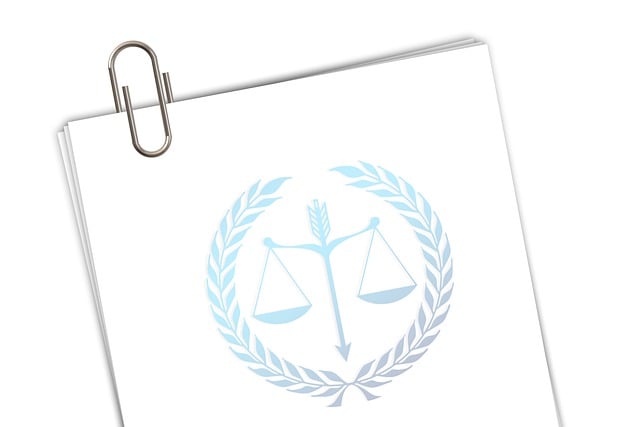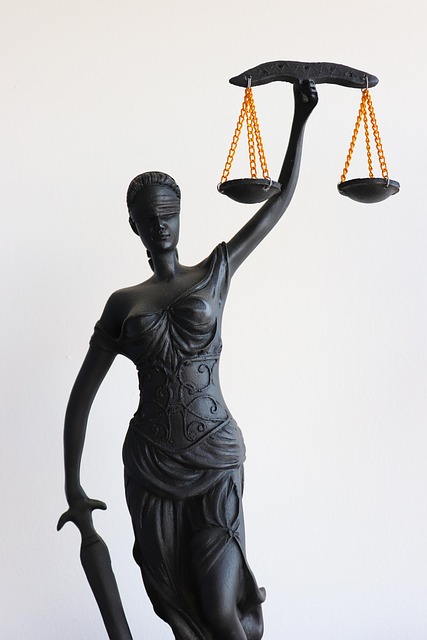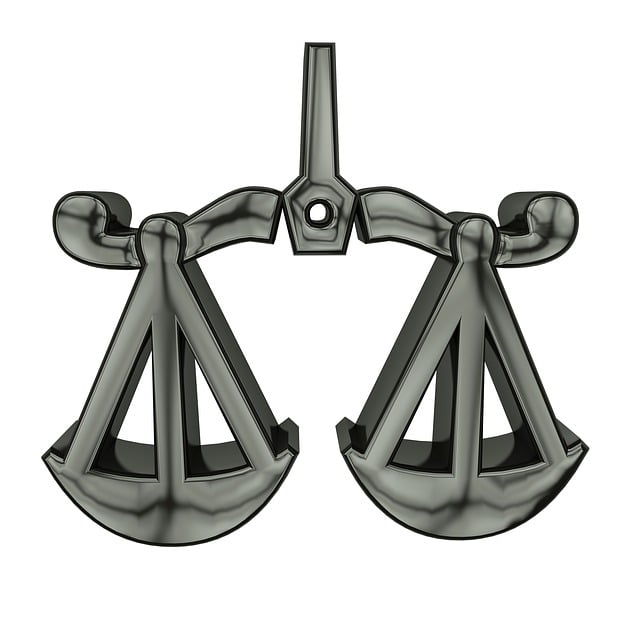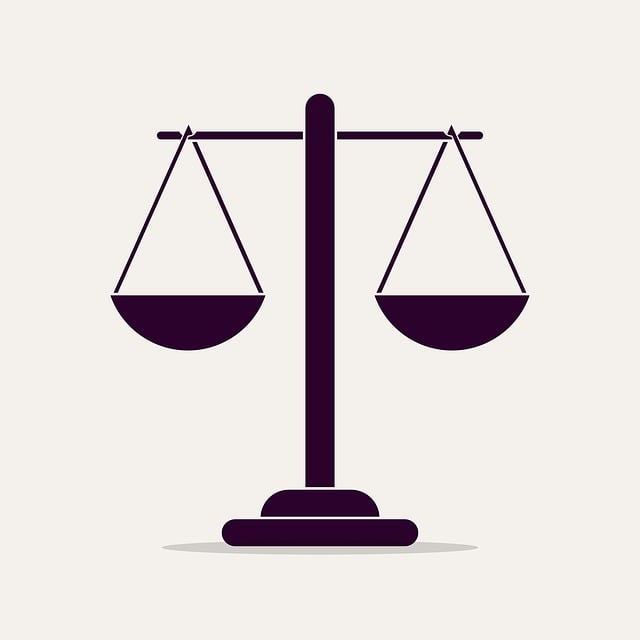Antitrust laws protect competition, consumers, and economic growth. Recognizing violations, even in personal injury claims without a lawyer, is key as these laws apply universally. While complex, such claims may arise from anticompetitive behaviors leading to higher prices and reduced choices. Specialized knowledge is usually required, making legal counsel crucial for high-stakes cases with potential corporate changes nationwide. Without representation, navigating these claims is difficult, requiring substantial time, effort, and understanding of rights, responsibilities, and evidence gathering.
“Uncover the intricate world of antitrust violation cases and their profound impact on consumers. This article guides you through the complexities of antitrust laws and their relevance in today’s competitive markets. Learn when business practices cross the line into illegal territory, leading to legal repercussions.
While navigating an antitrust lawsuit can seem daunting, especially without legal representation, we demystify the process for personal injury claims. Discover strategies to protect your rights and options when facing potential violations.”
- Understanding Antitrust Laws and Their Relevance
- When Does an Antitrust Violation Become a Legal Case?
- Navigating Personal Injury Claims Without Legal Representation
Understanding Antitrust Laws and Their Relevance

Antitrust laws play a vital role in ensuring fair competition within markets, protecting consumers from exploitative practices, and fostering economic growth. These regulations are designed to prevent businesses from engaging in anti-competitive behaviors such as price-fixing, market division, and monopolistic practices. Understanding these laws is crucial for both businesses and individuals alike, especially when navigating complex legal territories.
In the context of personal injury claims without a lawyer, recognizing potential antitrust violations can be significant. While typically associated with high-stakes cases and white collar defense, even everyday consumers may have causes to file personal injury claims related to anticompetitive behaviors. The investigative and enforcement process involves meticulous scrutiny at all stages, ensuring that businesses adhere to fair trade practices. This, in turn, safeguards the rights of individuals and promotes a level playing field for all market participants.
When Does an Antitrust Violation Become a Legal Case?

When does an antitrust violation cross the line from an unethical business practice to a legitimate legal case? The answer lies in the impact and intent behind the actions. Antitrust laws are designed to promote fair competition, prevent market dominance, and protect consumers. A violation becomes a legal matter when it results in significant harm to competition or consumers, leading to higher prices, reduced choices, or other anti-competitive effects. These cases often involve complex white-collar defenses, requiring an unprecedented track record of legal expertise to navigate the intricate regulations and evidence.
Personal injury claims without a lawyer are rare in antitrust litigation due to the specialized nature of the field. Most claimants require legal counsel with deep knowledge of antitrust laws, market dynamics, and economic principles to build a strong case. The stakes are high, as successful lawsuits can result in substantial damages and changes to corporate behavior across the country.
Navigating Personal Injury Claims Without Legal Representation

Navigating personal injury claims without legal representation can be a complex and daunting task. While many individuals opt for professional legal assistance, those who choose to go it alone must possess a thorough understanding of their rights and responsibilities. This is especially crucial in high-stakes cases where the stakes are high, and winning challenging defense verdicts becomes paramount.
Without the guidance of a lawyer, victims must gather and present compelling evidence, including medical records, witness statements, and expert opinions. They must also familiarize themselves with state laws and regulations governing personal injury claims to ensure their case is strong and in compliance. This process often requires significant time, effort, and resources, which can be particularly challenging for those without a philanthropic or political background who may lack the necessary legal knowledge and access to support systems.
While navigating antitrust violation cases can be complex, understanding these laws and their protections is crucial. If you’re considering a personal injury claim without legal representation, remember that each situation is unique. Carefully evaluate the specifics of your case, including any potential violations, to determine the best course of action. In many instances, seeking professional guidance from an attorney specializing in antitrust law can significantly enhance the outcome.






